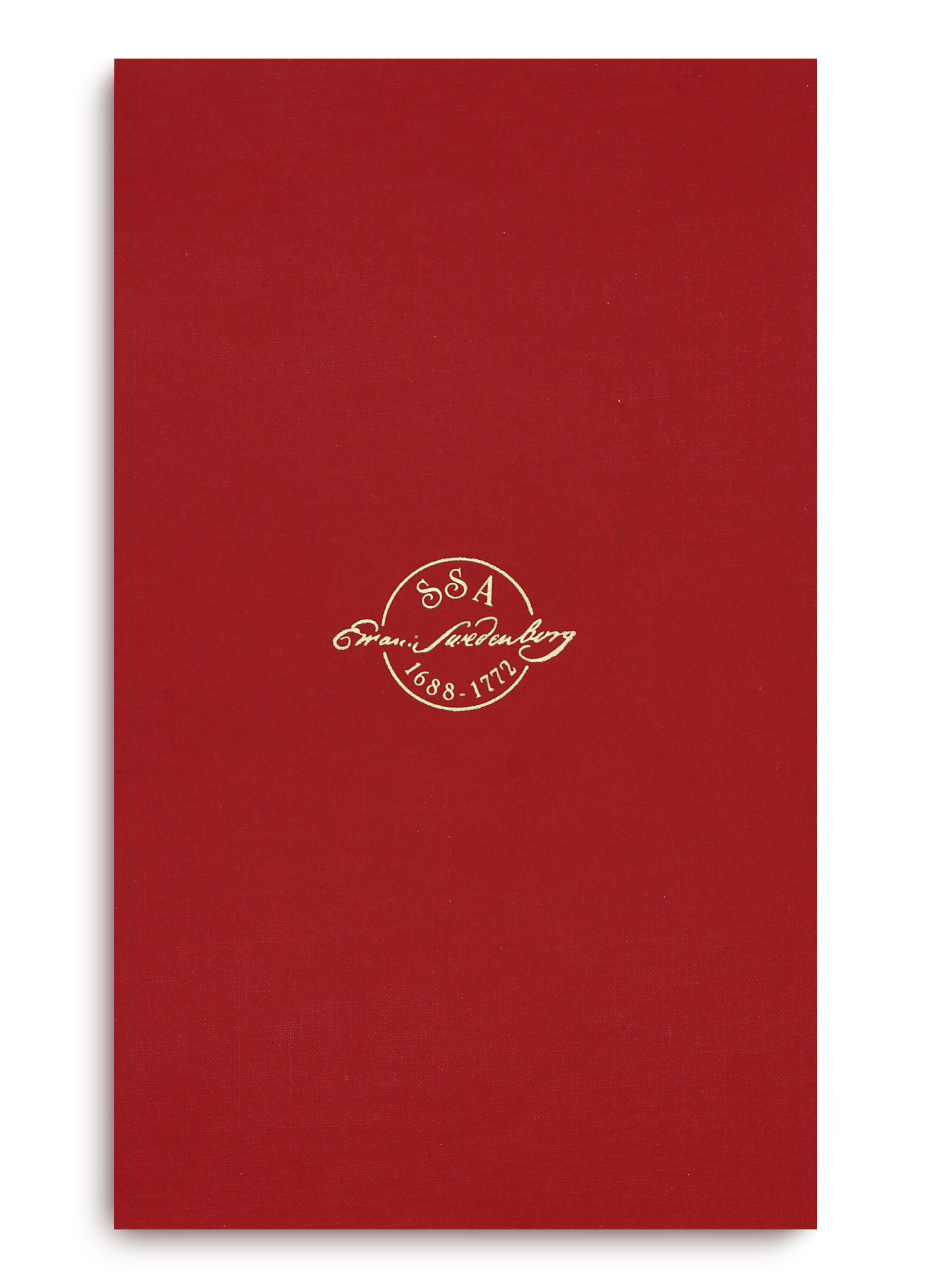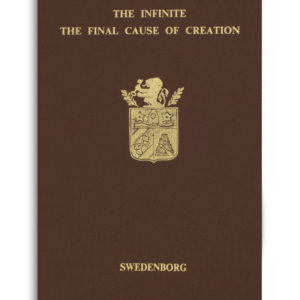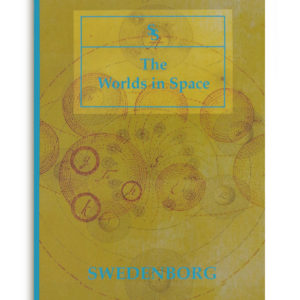Description
In the Principia, the first part of his Opera Philosophica et Mineralia, Swedenborg constructs a philosophical system seeking to unify the experimental knowledge of his day. He foreshadows in a remarkable way some of the modern discoveries in the field of atomic physics and in that of cosmology.
Swedenborg had two central philosophic interests: cosmology and the nature of the human soul. From approximately 1720 until 1745 he studied, wrote and published on these two subjects. His first significant philosophic work, entitled Specimens of a Work, On the Principles of Natural Philosophy and published in 1721, emphasized his developing view that everything in nature could be explained mathematically. He rejected the Newtonian concept of permanent, irreducible particles of matter and suggested that everything material was essentially motion arranged in geometric forms.
During the 1720s he developed his thoughts on the process by which the universe exists and continues. A nearly 600-page manuscript called the Minor Principia, published posthumously, was one product of these efforts, but the great work of his philosophical studies appeared in 1734. It contained three volumes under the general title Philosophical and Mineralogical Works.
In Volume One, which he called The Principia, according to the habit of eighteenth-century philosophers, he presented his primary cosmological conclusions. He based his explanations of the ‘Principles of Natural Things’, on experience, geometry and reason, and postulated the creation of a ‘first natural point’ of matter. This first natural point, caused by divine impulse to action, consisted of pure motion. From this point of pure motion a series of finites descended, each series larger and somewhat less active than the preceding finite. Swedenborg’s cosmology thus teems with energy from beginning to end. He argued that activity permeated all three natural kingdoms, animal, vegetable and mineral. Any material substance emanated energy spheres which interacted with surrounding matter. His studies of magnetism, crystallography, phosphorescence and metallurgy contributed to his belief in an active universe.
Modern experimentation, particularly in the field of atomic energy, has confirmed many of Swedenborg’s cosmological speculations. Svante Arrhenius, noted Nobel Prize winning chemist and founder of the twentieth-century science of physical chemistry, concluded that Buffon, Kant, Laplace, Wright and Lambert all propounded systems of creation which had been suggested earlier in Swedenborg’s Principia. The second volume of the Philosophical and Mineralogical Works dealt with iron and steel, and the third with copper and brass. In them Swedenborg treated not only the technology involved in the use of metals, but included further philosophical speculations regarding the make-up and operation of the universe.




Reviews
There are no reviews yet.